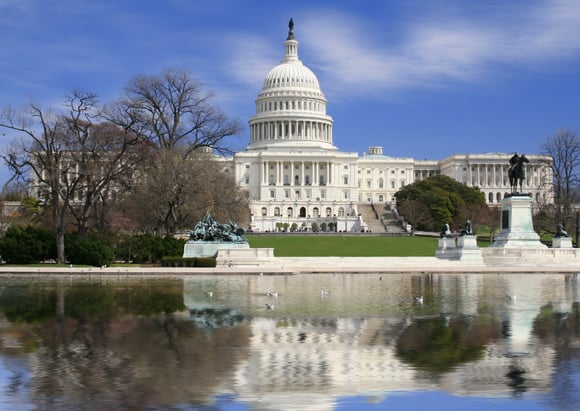The House of Representatives on Thursday approved a bill that would permanently extend Bush administration tax cuts for the middle class but allow rates for wealthier taxpayers to increase.
The measure, which is not likely to be taken up by the Senate, would keep in place rate reductions enacted in 2001 and 2003 for individuals earning less than $200,000 and couples making less than $250,000. It would tax capital gains and dividends at 15% for that group.
People earning more than the limit set in the bill would see their individual rates climb back to their late 1990s levels, with the top rate going from 35% to 39.5%. Capital gains taxes would increase to 20% and dividends would be taxed as normal income.
(See the states where wealthy individuals would be hardest hit, according to one estimate.)
The bill was approved 234-188, with three Republicans in support and 20 Democrats in opposition.
The vast majority of Democrats backed the $1.5 trillion tax cut for the middle class, arguing that reductions for the wealthy would add $700 billion to the federal deficit. Republicans asserted that allowing taxes to rise for anyone would slow an already anemic economic recovery and hit the small-business sector hard because many owners of those firms file their business taxes through their individual returns.
The measure is almost certain to die in the Senate, where all 42 Republicans signed a letter this week vowing to block any bill other than those that would fund government operations or prevent tax hikes on any income group.
“House Democrats are getting ready to send us a bill on taxes they know won't pass in the Senate,” Senate Minority Leader Mitch McConnell, R-Ky., said in a floor statement today.
While the tussle over taxes became more aggressive on Capitol Hill, a group of Republicans and Democrats began negotiating with the Obama administration this week on a compromise regarding the Bush tax cuts, all of which will expire Dec. 31 if Congress does not act.
Congress is currently in a lame-duck session following November's elections. It's not clear when the House and Senate will adjourn for the year.
While the debate continues, Thursday's vote provided House Democrats an opportunity to accuse their GOP counterparts of denying average Americans a tax cut in order to accommodate the affluent.
“We must not let middle-income taxpayers remain hostage to a partisan agenda,” said Rep. Sander Levin, D-Mich., chairman of the House Ways and Means Committee. “They don't want to have a vote separately on tax cuts for the wealthy.”
Republicans countered that half of all small-business income would be subject to higher taxes if the top two rates snapped back to pre-2001 levels.
“This Democratic tax hike is putting a target on the back of every worker in every small business in America,” said Rep. Dave Camp, R-Mich., the ranking member of the House Ways and Means Committee. “This bill is as misguided as it is futile.”
In the floor debate, Mr. Levin repeatedly asserted that the bill would affect only 3% of small businesses.
Republicans were not moved.
“No tax increases on nobody,” said Rep. Jeb Hensarling, R-Texas. “It may be poor grammar, but it's great economics.”







